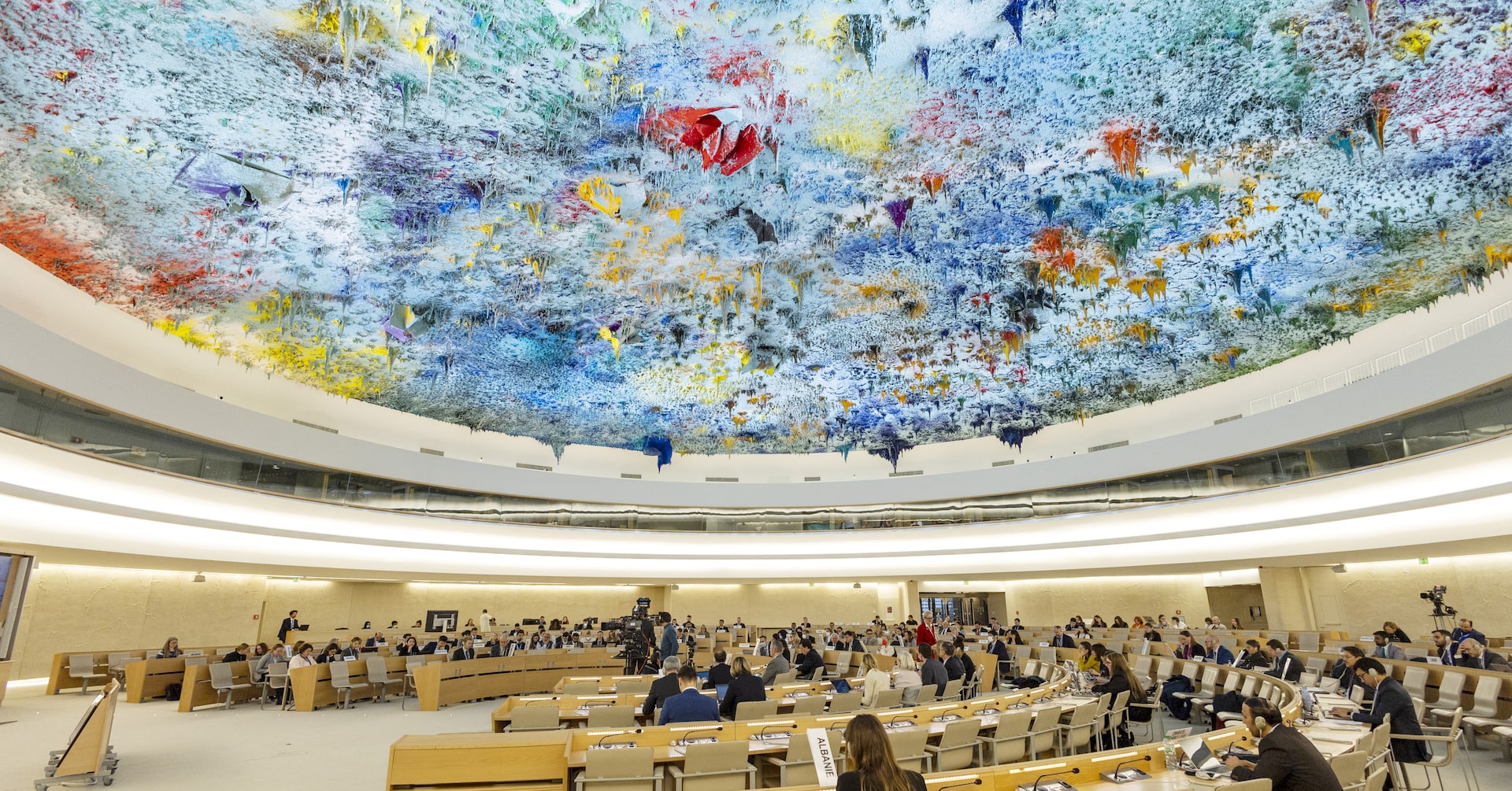Copyright radionacional

Existence and Historical Trauma in the Novel “The Brides of the Blue Villa – 1944” by Flamur Buçpapaj Existence and Historical Trauma The novel The Brides of the Blue Villa – 1944 by Flamur Buçpapaj is a masterpiece of contemporary Albanian literature after the 1990s, combining history, psychology, and existentialist philosophy. The events unfold in 1944 and the post-war period, a time when Albania faces radical political changes, ideological pressure, and historical trauma. The Blue Villa is not merely a setting; it serves as a microcosm of Albania, where the moral and existential conflicts of individuals reflect the rupture of Albanian society between tradition and oppression. In this environment, each character confronts difficult choices and psychological tensions, striving to find meaning in a world that often appears absurd and unjustly chaotic. Psychological and Existential Analysis of the Characters The brides of the Blue Villa are psychologically complex figures: they are not only symbols of Albanian women but characters with anxieties, fears, desires, and resilience. Their psychology reveals the tension between familial duty and the desire for personal freedom. They face violence and isolation yet find the strength to preserve morality and dignity. The trauma of loss, separation, and abandonment reinforces existential resilience, where each moment of life becomes a struggle to survive emotionally and spiritually. Stylistically, Buçpapaj uses internal monologues and retrospectives, allowing the reader to enter their consciousness and mind, understand their moral dilemmas, and confront the absurdity of the world. On an existential level, the brides reflect revolt against injustice and the lack of objective meaning, choosing to act according to conscience and personal responsibility. Children left without parents symbolize lost innocence and the victims of social tragedies. Their psychology reflects insecurity, fear, and despair as they face a world that offers neither support nor justice. The reader perceives their trauma as a reflection of society’s collective wounds and the consequences of divorce, abandonment, and violence. From an existential perspective, the children embody the tension between innocence and absurdity, showing that humans are not only responsible for their actions but also for the social conditions shaping the lives of future generations. Nilaj – the Oppressed Artist Nilaj, a pianist trained in Austria, experiences an identity and existential crisis. She confronts the confiscation of her property and the prohibition from practicing her profession, which causes deep psychological shock and questions about the meaning of life. Her inner world is divided between artistic passion and ideological pressure, becoming an example of the struggle to preserve personal integrity and identity under oppression. From an existential perspective, Nilaj reflects on the absence of objective meaning and the individual’s duty to create personal value, regardless of extreme circumstances. Armend Podgorica – Existential Triumph and Loss Armend Podgorica represents the clash between justice, love, and spiritual loss. He succeeds in restoring his grandfather’s wealth and triumphing over material injustice. His existential conflict emerges in moral dilemmas and the loss of love, where material victories cannot compensate for emotional emptiness. The author analyzes his mind as a laboratory of choices and philosophical reflection, where each action has consequences for morality and identity. Armend confronts the absurdity of the world, where efforts toward justice do not guarantee happiness, illustrating the existential idea of the will to meaning in a universe without inherent purpose. Existential Philosophical Themes and Morality Freedom and Responsibility Every character faces difficult choices, challenging historical and social constraints. Their freedom is limited by power, trauma, and social pressure, but the choice to act according to conscience remains an unlimited existential act. Absurdity and Suffering The suffering of the brides, children, and Nilaj represents the absurdity of the world, where injustice and violence appear without reason. Characters confront this absurdity by seeking meaning and justice within their possibilities. The Search for Meaning and Justice Armend and other characters strive to find meaning and morality in a world that offers no objective answers. This process is philosophical and existential, where meaning is not a gift of the world but a product of individual action and reflection. The Author’s Style and Reflection on the Characters’ Minds Buçpapaj employs: Internal monologues and retrospectives that reveal the psychological structure and deep emotions of the characters. Analysis of the characters’ minds, illustrating choices, moral dilemmas, and existential tension. An existential philosophical style, where each character confronts symbolic death, uncertainty, absurdity, and unavoidable moral responsibility. This style allows readers to understand the complex interactions between emotions, logic, and confrontation with history. Expanded Symbolism The Blue Villa – Wounded Albania and historical memory. The Brides – Women carrying sacrifice, dignity, and hope. The color blue – The silence of pain and impossible calm. Orphans – Lost innocence and society’s victims. Confiscation of property and prohibition of profession – State control and loss of freedom. Armend Podgorica – Triumph over material injustice and tragedy. The Brides of the Blue Villa – 1944 is a study of the human spirit, where historical trauma, personal losses, and moral challenges intertwine with psychology and existential reflection. The novel demonstrates: The tragedy of children and women. The conflict between freedom, responsibility, and absurdity. Armend Podgorica’s material triumph, accompanied by spiritual loss. Buçpapaj shows that every individual is obliged to create meaning in an unjust world, challenging history, society, and personal limitations. Freedom and responsibility are the price of true existence, and the experience of suffering is part of the process of self-awareness



